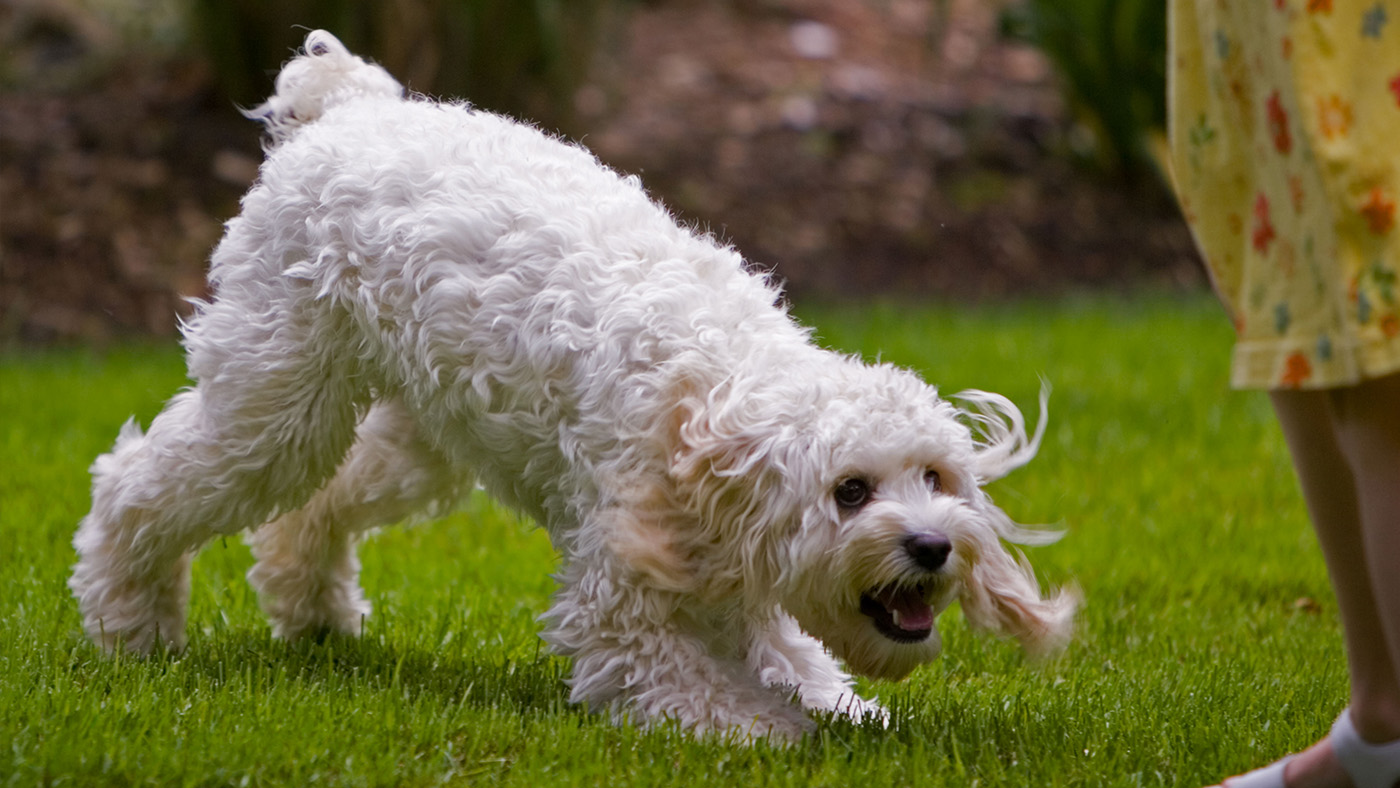5 things dog owners get wrong when training reactive dogs, according to one expert
Training a reactive dog isn’t as tricky as you might think, but these errors are easy to make!

Training your dog can be a minefield, no matter how experienced you are – every dog is different and there’s often a lot of conflicting advice out there too.
Bring a reactive dog into the mix, and training can become even more stressful. A lot of the time, it’s because of mistakes we’re making in the way we approach training, but fortunately, they’re easy to rectify. Often, just a game with a favorite toy or the use of some of the best dog treats as a reward can work brilliantly.
Expert trainer Carolyn Martell, the founder of Good Dog Training, has outlined five things we often get wrong when training reactive dogs, and number two really surprised us! Let’s take a closer look at what owners of reactive canines can do differently.
A post shared by Good Dog Training (@gooddog.training)
A photo posted by on
1. Believing socialization is all they need: “Socialization may have prevented the reactivity, but it won’t fix it,” explains Martell. “Reactive dogs need specific, methodical training, not socialization.”
2. Focusing on calmness: “Generally,” Martell says, “owners misconstrue stillness as calmness – which it’s not – and this is actually the opposite of how to approach training a reactive dog.”
3. Forgoing games like tug of war: It’s easy to fall into the trap of thinking that playing a game like tug isn’t good for reactive dogs because it’s not a particularly calm activity. However, it can be really beneficial when you’re trying to tackle reactivity.
There are all sorts of great games you can play with your reactive dog, including these fun games for reactive dogs that involve everything from playing hide-and-seek to finding tasty treats and exciting toys.
Get the best advice, tips and top tech for your beloved Pets
4. Jumping into triggers immediately: “This will stall your progress every time,” Martell explains. “Start with foundational work and teaching the skills you want AWAY from triggers.”
5. Assuming they’ll just outgrow reactivity: It’s actually the opposite. The longer you let your dog be reactive without addressing it, the more difficult it will be to sort.
When training your dog – reactive or not – it’s important to remember that positive reinforcement is always best. Other forms of training, rooted in dominance and fear, are outdated and the experts advise against them. We know that rewarding our pets for the correct behavior will help us get the results we’re after.
Read next: Owning a reactive dog is hard. Here's how I navigated the social challenges with my pooch

Adam is a freelance journalist specialising in pets, music and culture, and mental health and wellbeing. He investigates and writes the large majority of news on PetsRadar, and collaborates with veterinary experts to produce informative pet care content.
Adam has a journalism degree from Southampton Solent University and a masters degree in Magazine Journalism from Cardiff University. He was previously senior editor at dog advice website DogTime.com, and has also written for The Independent, GoodToKnow and Healthline.
He owns two rescue cats, Bunny and Dougie, and has also previously had a rabbit, fish and Roborovski dwarf hamsters.
